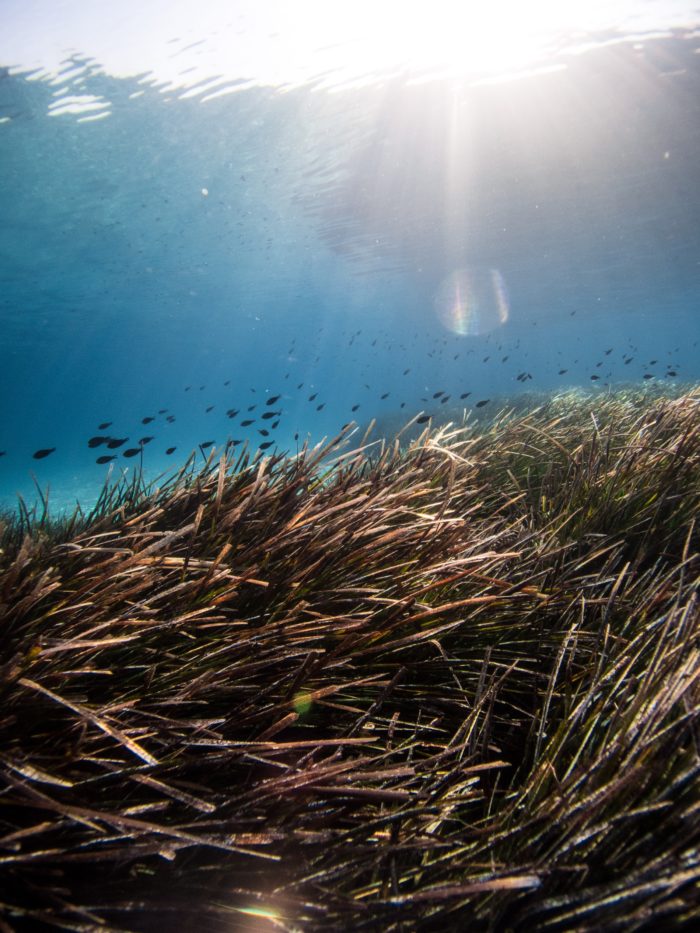Marine Protected Areas (MPAs) are usually designated in areas with intense human activity. An MPA is therefore a complex socioeconomic system whose success and/or failure, and ability to deliver environmental, social and economic benefits, depend on local communities and their sensitivities. This paper examines how recently designated MPAs on three islands in the Cyclades group (Kythnos, Milos and Santorini), with differently structured local economies and levels of touristic development, are perceived by their local communities. Data are drawn from a phone survey of local residents, and the results show that the awareness, attitudes and perceptions of the local groups differ significantly depending on the area and their stake in the MPA. How much local communities know about the MPA regulatory framework and its location, past experiences and socioeconomic factors are deemed good predictors for the local communities’ behaviors towards the MPAs. The positive interplay between the operation of an MPA and the development of scuba diving is also acknowledged, although the perceived trade-off between marine protection and fishers’ revenue remains the main challenge facing MPA implementation. The paper’s findings highlight the urgent need to deal with the information and knowledge deficit, and to bridge the gap between the perceptions and expectations of local communities and the MPAs’ actual output. Applying a participatory approach to MPA decision-making and operation would build capacity for effective implementation. Thus, the delimitation of the protection zones within the MPAs, and the provision of specific constraints, should be based on both ecological and socioeconomic criteria.
Read here in pdf the Working Paper by Lydia Avrami, Research Associate, National Centre for Social Research, Researcher, ELIAMEP; Nicolas Demertzis, Professor, National and Kapodistrian University of Athens, President, National Centre for Social Research; Antonis Armenakis, Assistant Professor, National and Kapodistrian University of Athens and Dimitra Syrou, Research Associate, National Centre for Social Research.
This research was carried out in the framework of the “Research, Training and Infrastructure: the triangulation of the strategic axes of EKKE” (REDI) (MIS 5002378) research program, which is part of the “Action for the Strategic Development of Research and Technological Bodies” and funded by the “Competitiveness, Entrepreneurship and Innovation 2014–2020” (EPAnEK) Operational Program, co-financed by Greece and the European Union (European Regional Development Fund).



